The prisoners represented much of Nicaragua’s opposition to the authoritarian government of President Daniel Ortega, and many had been held in harsh conditions By Mary Beth Sheridan. Washingon Post. Updated February 9, 2023 at 10:30 a.m. EST|Published February 9, 2023 at 9:24 a.m. EST Nicaragua’s dictatorial government on Thursday freed 222 political prisoners, including top opposition politicians and
The prisoners represented much of Nicaragua’s opposition to the authoritarian government of President Daniel Ortega, and many had been held in harsh conditions
By Mary Beth Sheridan. Washingon Post.
Updated February 9, 2023 at 10:30 a.m. EST|Published February 9, 2023 at 9:24 a.m. EST
Nicaragua’s dictatorial government on Thursday freed 222 political prisoners, including top opposition politicians and business leaders, and sent them to the United States in a surprise twist in one of Latin America’s grimmest human rights sagas.
The Biden administration said in a note to Congress that the government of President Daniel Ortega “decided unilaterally” to free the prisoners. The U.S. government “facilitated their transportation and entry into the United States,” the note said. The detainees were freed from Nicaraguan prisons at dawn Thursday, according to family members, and bused to Managua’s airport, where they boarded a charter plane bound for Washington.
Javier Álvarez, 68, heard Thursday morning from Nicaraguan activists that his wife, daughter and son-in-law were among the freed prisoners. “Happy, happy, happy,” was his reaction. “This was totally unexpected,” he said in a telephone interview. “But it seems there were secret talks, and they managed this.”
The prisoners had endured some of the harshest conditions in any jails in Latin America, according to their families. They were denied visits with relatives and their children for months. Many were not permitted to have books or writing materials; one was reduced to reading the label on a tube of toothpaste, family members said. The prisoners had little access to sun or fresh air. Some lost weight and turned gaunt.
One prisoner, Hugo Torres, 73, died in captivity.
Several of the prisoners had planned to run against Ortega in 2021 elections. But they were detained before the balloting, and Ortega cruised to a fourth consecutive term.
Nicaragua’s Judicial Council confirmed Thursday that the 222 prisoners were deported, saying they had been declared “traitors to the nation” and stripped of their political rights, such as holding public office.
Ortega was a major figure in the Sandinista revolution that triumphed in 1979, and he was one of the early leaders of the Marxist government that replaced dictator Anastasio Somoza. He went on to lead Nicaragua’s government but lost a presidential election in 1990. After returning to power in 2007, he steadily tightened his grip over Nicaragua’s judiciary, legislature and electoral machinery.
Since crushing a nationwide anti-government uprising in 2018, he has led a wave of repression. Nearly all of his political opponents were jailed, as were leaders of the business community, human rights activists and even Catholic priests. The government has shut down independent media outlets and around 3,000 nongovernmental organizations.
Recently, the government even started jailing family members of its perceived opponents. In September, police attempted to arrest Álvarez, who had been assisting the families of political prisoners. But he had already fled. So the security forces detained his wife, daughter and son-in-law, even though they were not involved in political activity, Álvarez said. Last month, they were sentenced to long prison terms.

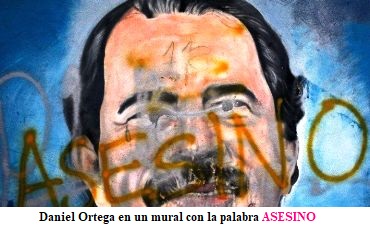
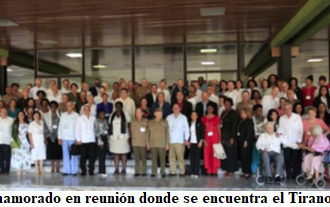
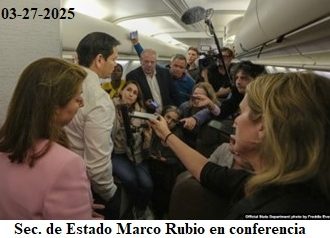
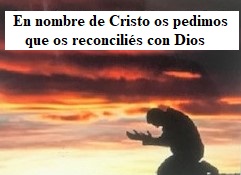

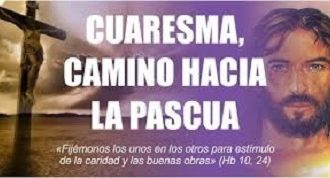

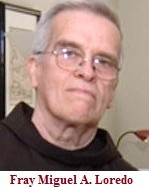
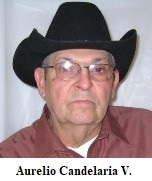
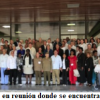

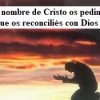

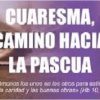

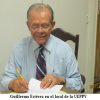



Leave a Comment
Your email address will not be published. Required fields are marked with *